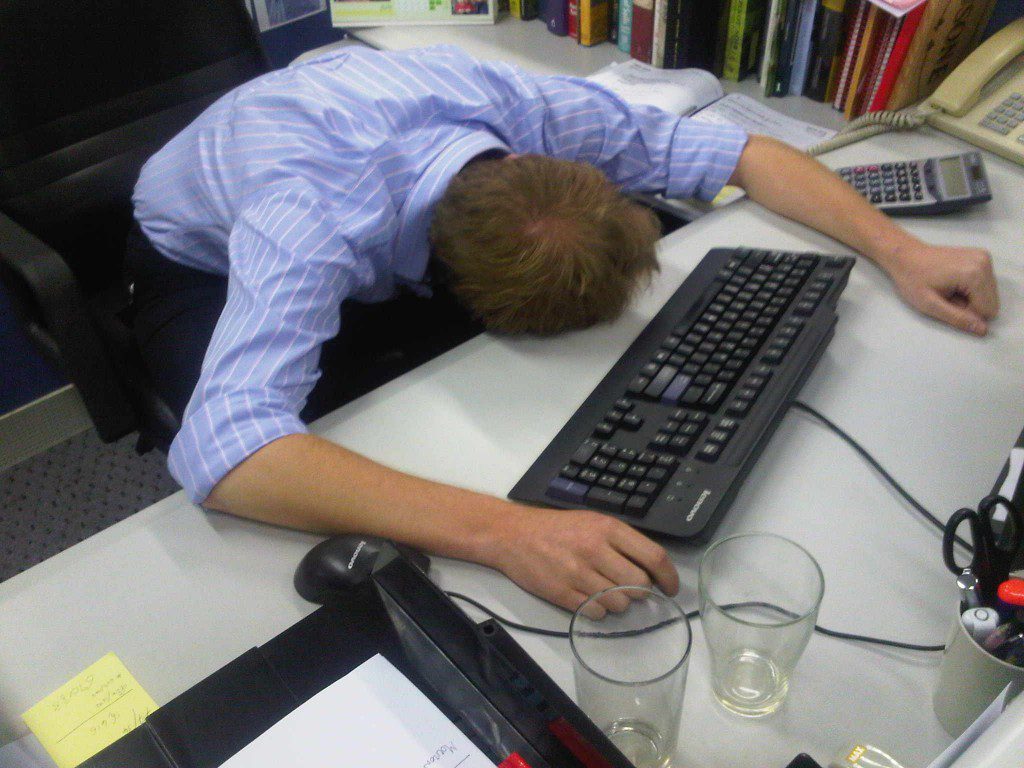Cognitive Fatigue Linked to Poor Decision Making

Francesca Gino writes in the Harvard Business Review blog this week about an oft-overlooked element in managing your to-do list tasks—when, rather than how should we undertake each one?
The time of day, according to recently published research, plays an integral role in our ability to perform and make decisions. We have a finite amount of mental resources throughout an average 12-hour day. As the day progresses, those resources become taxed from being engaged for sustained periods. As a result, we are likely to experience “cognitive fatigue,” which has a profound impact on our ability to make informed choices—one that we have seemed to disregard as a culture.
Harvard Business School explains that the same research has found that “burnout at work, lower motivation, increased susceptibility to distraction, and poor information processing” all stem from cognitive fatigue.
 Three professors from Columbia Business School and Ben-Gurion University of the Negev—Shai Danzinger, Jonathan Levav, and Liora Avnaim-Pesso—surveyed more than 1,100 parole court rulings. The trio charted the ratio of favorable rulings within an average workday in the life of a judge. Gino writes in the blog that the judges’ “proportion of favorable rulings started out high, at about 65% at the start of the day, but dropped off rapidly. By the time a meal break came around, the proportion of favorable rulings was close to zero. When court was back in session, the pattern repeated itself, starting high and ending with almost zero favorable rulings.”
Three professors from Columbia Business School and Ben-Gurion University of the Negev—Shai Danzinger, Jonathan Levav, and Liora Avnaim-Pesso—surveyed more than 1,100 parole court rulings. The trio charted the ratio of favorable rulings within an average workday in the life of a judge. Gino writes in the blog that the judges’ “proportion of favorable rulings started out high, at about 65% at the start of the day, but dropped off rapidly. By the time a meal break came around, the proportion of favorable rulings was close to zero. When court was back in session, the pattern repeated itself, starting high and ending with almost zero favorable rulings.”
The research suggests that this phenomenon pops up in many other situations. For instance, physicians tend to write 5% more antibiotics prescriptions toward the end of an average workday, as they grow more fatigued during morning and afternoon sessions.
Gino explains in the blog that the issue is not only the expenditure of resources, but the time at which those resources are being expended. Gino, along with Danish social scientists Marco Piovesan and Hans Henrik Sievertsen, discovered that cognitive fatigue negatively influenced test results of Danish public school students between the ages of 8-15, but that “breaks recharged their energy.” The analysis of Gino, Piovesan, and Sievertsen led to three major conclusions:
- Students performed worse when the test was scheduled later in the day.
- 20- to 30-minute breaks inspired a significant improvement in performance.
- “The effect of time of day and of breaks was not homogeneous — that is, low-performing students were more affected by breaks (and also by the time of the day when the test was taken) than high-performing students”
This research illuminates a clear link between performance and the degree to which their mental resources have been engaged throughout the course of a workday. Consider planning your day based on the hourglass principle—the more sand you have to start, the more energy you’ll have to expend. Take breaks, too!
